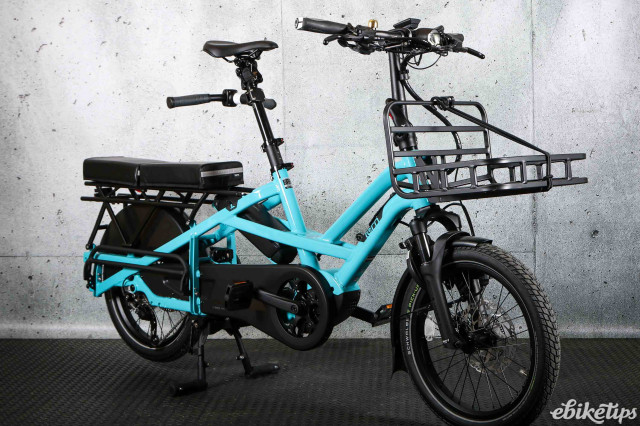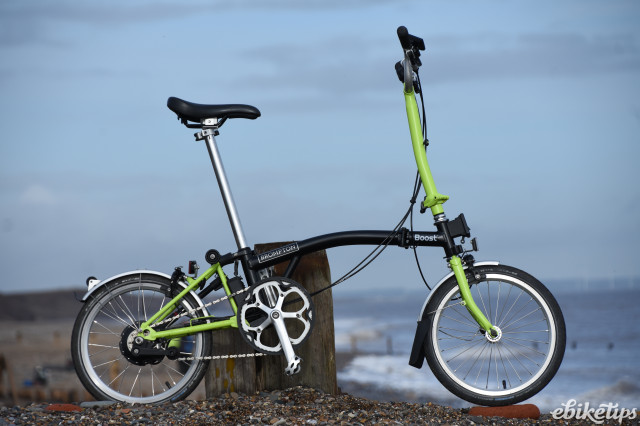Performance data released this week indicates that QuantumScape’s solid-state battery could provide an electric car range of 300 miles (483km) or more; be charged to 80% capacity in just 15 minutes; and be longer-lasting, safer and cheaper to produce than conventional lithium-ion battery cells. The battery is still four to five years from production, but the news saw the firm’s share price pretty much double to $75 to give it a market value of $33bn.
QuantumScape was founded in 2010 by Stanford University scientists Jagdeep Singh, Fritz Prinz and Tim Holme with a view to developing solid-state batteries for electric vehicles as well as for other uses.
Solid electrolytes can potentially hold more energy than lithium-ion batteries. The new battery can store 1 kWh/litre, which New Atlas reports is around four times the capacity of the Tesla Model 3 battery.
“Electric aviation starts to look a lot more attractive and viable when you have this kind of energy density and power,” said QuantumScape board member and co-founder of Tesla Inc, JB Straubel.
The firm also says its battery can be charged to 80% in 15 minutes and that it boasts a longer lifespan because it eliminates the side reaction between the liquid electrolyte and the carbon in the anode of conventional lithium-ion cells.
“These results blow away what was previously thought to be possible in a solid-state battery,” said Venkat Viswanathan, a professor of materials science at Carnegie-Mellon University.
“Supporting high enough current density to enable fast charge without forming dendrites has long been a holy grail of the industry. This data shows the capability to charge to 80 per cent capacity in 15 minutes, corresponding to an astonishingly high rate of lithium deposition of up to a micron per minute.”
The technology could transform the electric vehicle industry, according to co-inventor of the lithium-ion battery and winner of the 2019 Nobel prize in chemistry, Dr Stan Whittingham.
“The hardest part about making a working solid-state battery is the need to simultaneously meet the requirements of high energy density, fast charge, long cycle life, and wide temperature-range operation,” he said.
“This data shows QuantumScape’s cells meet all of these requirements, something that has never before been reported. If QuantumScape can get this technology into mass production, it holds the potential to transform the industry.”
QuantumScape has US$300m in backing from its largest shareholder and partner, the Volkswagen group. The two established a joint venture in 2018 with a view to begin manufacturing in 2024-2025.





